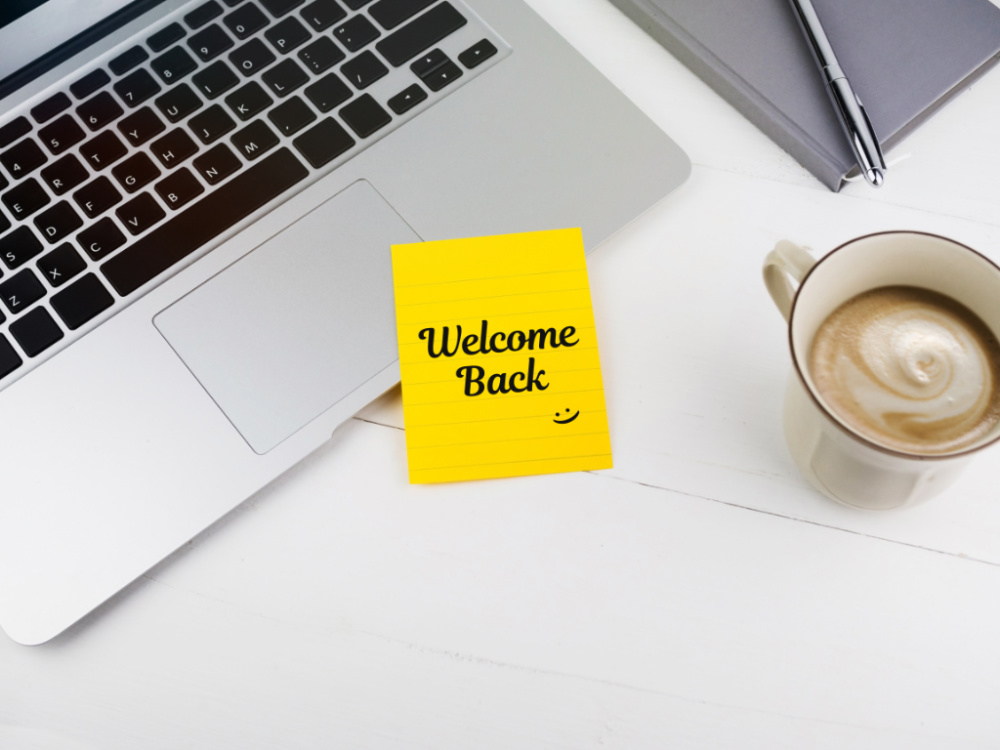Because of an unexpected virus, work life and school life became suddenly shuttered and we were all suddenly tasked with learning to work remote. Once people got the hang of it, there were many perks to be found. A shortened daily commute, waking up a little later and having the first cup of coffee in your own kitchen. Not to mention a more relaxed dress code and united compassion as we all navigated this new work environment. Some companies plan to keep their employees working remote after the pandemic. Which was initially welcomed by many who had grown accustomed to the new routine; there wasn’t much discussion around remote work burnout.
Surprisingly, a survey conducted by Blind asked employees from tech titans such as Amazon, Google, Microsoft and Facebook their opinion and found the employees felt more burned out working remote in comparison to the pre-COVID timeline. The survey also found that 61% of professionals from every walk of life felt some level of burnout. They also felt the rewards and appreciation factor were negatively affected because there was no direct contact with their superiors.
Here are a few stressors that should be considered when given the option to return to the office or work from home. Take these into careful consideration and determine how you can adapt to a more positive lifestyle moving forward.
Lack of a Social Interaction
A study by Officevibe found that 70 percent of employees say having friends at work is the key to a happy work life. Gallup research found that one of the strongest predictors of work life productivity is work relationships. Employees who have work friendships are more engaged, produce a higher quality of work and have a higher state of well-being.
Missing Out on Seeing Friends
Pre-pandemic, we often spent more time with our work colleagues than we did our own social circle. There are often multiple people working in an office space and studies show taking the time to invest in mutual relationships with a third person leads to higher levels of well-being. The Gallup study shows that a friend who lives closer to you will have more influence over your well-being than a friend who lives further away.
It would also stand to reason if you have a network of friends at the office, who you trust and look forward to interacting with, you will be happier and more productive. When you work remote, the only person you may see is your four-legged pet. And the only voice you hear besides your own is the sound of your television in the background. Like the Barbara Streisand song goes, “People who need people are the luckiest people in the world.”
Inefficiency
When you lack trusted feedback from people around you, you tend to work slower. Stress levels also go up and you accomplish fewer of your goals. You are less excited to start your day and feel unmotivated to challenge yourself (signs of remote work burnout creeping in). Basically, you lack a cheerleader. Even if you are perfectly happy working alone, there are times when an outside viewpoint and constructive criticism is essential to your professional growth.
Eating Lunch Alone
Going to lunch with a coworker has always been an easy way to strengthen a working relationship. It allows you to get to know them on a different level. Eating alone at your makeshift desk on the kitchen counter or your bed leaning against a pillow during a Zoom call lacks the same kind of feeling. If you will continue to work from home when offices begin to open up, make a point of leaving the house a few times a week to grab a quick bite with a friend or coworker. The change of scenery will be good for you and a mid-day break is essential for a productive afternoon. Take a walk. Get some sunshine and share a healthy meal or cup of chai latte with someone who invigorates you.
You may also like 4 Tips for Re-Entering the Workplace. For more of Diane’s etiquette tips, read her posts on Inc., subscribe to her articles on Huff Post, “like” The Protocol School of Texas on Facebook, and follow her on Pinterest, Instagram and Twitter. Buy her new book, Modern Etiquette for a Better Life.

